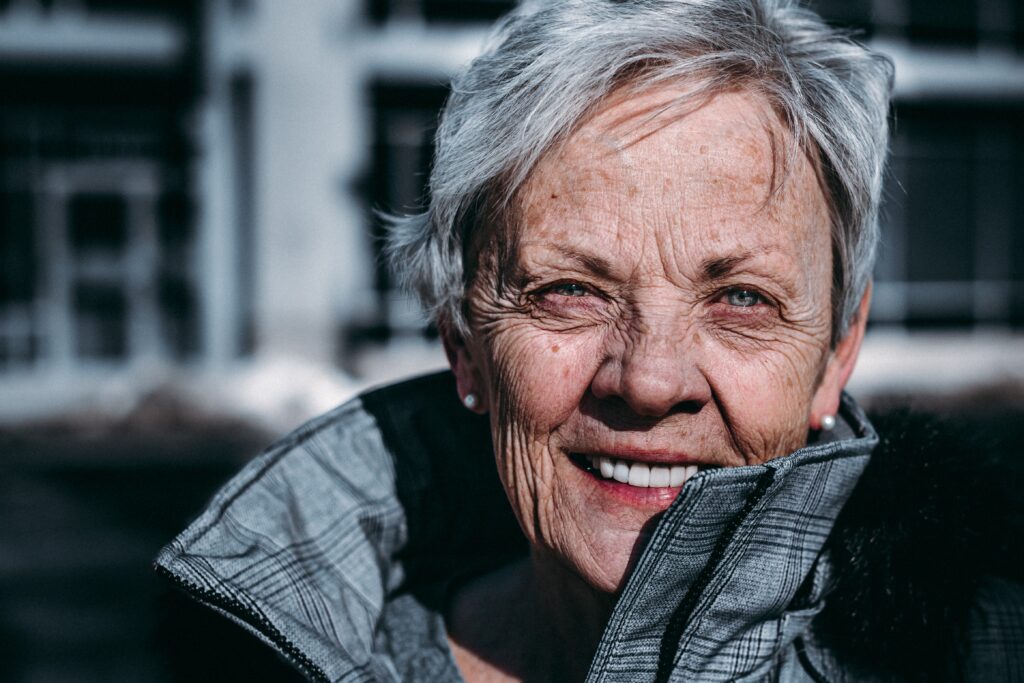Substance Use Disorder in Women: Facing Unique Barriers
By Sonya Schweitzer
What are the statistics and facts about Substance Use Disorder (SUD) and Women in the United States?
First, looking at the overall statistics for SUD in the United States is essential.
According to a recent survey conducted in 2021, a staggering 94% of people (men and women) aged 12 or older with a substance use disorder did not receive any treatment (hhs.gov). Most of these individuals didn’t believe they required treatment.
This blog explores the challenges of substance use disorders in women and their recovery. If substance abuse continues in the United States, what is the prevalence in women?
The Prevalence of SUD in Women
To learn about substance use disorders in women, it is beneficial to review a recent NIH study:
“Research has shown that women often use drugs differently, respond to drugs differently, and can have unique obstacles to effective treatment. One difference is that women may be more susceptible to cravings and relapse, which are key phases of the addiction cycle.” –NIH
Furthermore, about 13% of adult women admit to binge drinking, with a quarter of them indulging at least weekly, consuming an average of six drinks during such occasions (CDC Report).
So, what prompts women to turn to self-medication or alcohol? Causes range from grief, depression, anxiety, chronic mental illnesses like PTSD and bipolar disorder, trauma, significant lifestyle changes, to sheer loneliness.
Substance use disorder in women often manifests differently than in men. Many women, for instance, might not realize they have a drinking problem until they’re deep into their addiction.
Unrecognized addiction is primarily due to societal dismissals of their symptoms, leading them to progress in their addiction more rapidly than men.
What are the barriers to treatment for Women?
Substance use disorder in women presents diverse challenges when seeking treatment. Many barriers to treatment include the individual’s family structure. Today, women are caregivers to minor children and seniors in the family. As family caregivers, women are often reluctant to step forward and ask for assistance. At first, they may see their substance use as a crutch…but the crutch quickly turns into a problem.
Nine Barriers Women Encounter
Below are nine barriers that women often face on their journey to recovery. In Washington, DC, Samaritan Inns has been treating addiction since 1985. Later in this blog, we will introduce you to their Women with Children program that considers all nine below barriers.
- Trauma: More than men, women are likely victims of domestic or sexual assault. This trauma can deter them from pursuing treatment, especially if they fear reprisals or leaving their children behind with an abuser.
- Financial Constraints: With a higher likelihood of economic dependency or homelessness, many women can’t afford treatment or are unwilling to leave their dependents.
- Shame: Societal pressures might make women hesitant to admit to addiction, fearing judgment.
- Mental Health Issues: Disorders like body dysmorphia, depression, and anxiety can compound the effects of substance abuse, making treatment seem daunting.
- Childcare Responsibilities: As primary caregivers, women often struggle with the guilt of leaving their children or fear custody battles.
- Family Obligations: Beyond children, many women are caretakers for other family members, adding another layer of responsibility and deterring them from seeking help.
- Misunderstanding Alcoholism: Many women view their addiction as temporary, hoping it will resolve on its own.
- Inadequate Referrals: Early signs of addiction in women are often dismissed, leading to fewer referrals to treatment centers.
- Lack of Female-Oriented Treatment: Most programs cater to men, leaving women feeling out of place or underserved.
Addressing these barriers is essential. By offering resources like childcare, housing, and mental health support, we can ensure more women access the necessary care.
Though women remain underrepresented in addiction treatment, understanding and combating these barriers can pave the way for better, more inclusive care. In Washington, DC, women have found a beacon of hope in Samaritan Inns.
Treatment at Samaritan Inns in Washington, DC

To find out about this unique program, we spoke to Judy Ashburn, Director of Treatment Programs.
Samaritan Inns: Does knowing that their child is in a safe and loving environment cut down on client stress or help the client remain committed to the recovery plan?
Judy: “The mother is never far from her child as Samaritan Inns has an OSSE-certified Child Care Center in the backyard of the treatment facility. The mother is able to receive focused treatment during the day while the child receives excellent care in the center. School-age children are walked to a neighboring school, H.D. Cooke, where case managers work with the mothers and children, supporting them while in the treatment program.
In cases of domestic violence or where the mother wants to start a new life, the mother and child are safe from any external danger, relationships, or distractions. Women are escorted to all their appointments.”
Samaritan Inns: Does learning new parenting skills help the client stay on the path to a sober lifestyle?
Judy: “The child will benefit from the mother learning bonding skills taught in the “Circle of Security” parenting class. This is an evidence-based program teaching various attachment styles and how to practice bonding skills that will help create a more secure attachment between mother and child.
Mothers are delighted to see how happy their children are in the daycare, learning to socialize with other children, becoming acclimated to a structured schedule, and seeing how their child(ren) love the daycare staff. The child often wants to come back and visit.”
Substance use disorder in women requires a unique approach. With a dedicated team and a holistic approach, Samaritan Inns is committed to helping women overcome Substance Use Disorder and build a brighter future.
—
You can help Samaritan Inns and the Women with Children program continue to thrive in Washington, DC. You or your organization can sponsor a participant in our Women with Children program or support diapers, clothes, and supplies for a child. Please read about the ways to give on our website.
Share on Social
Recent Posts
Donate Today
Make a donation to help us sustain our mission and provide help
to those who need it in the Washington, DC area.

